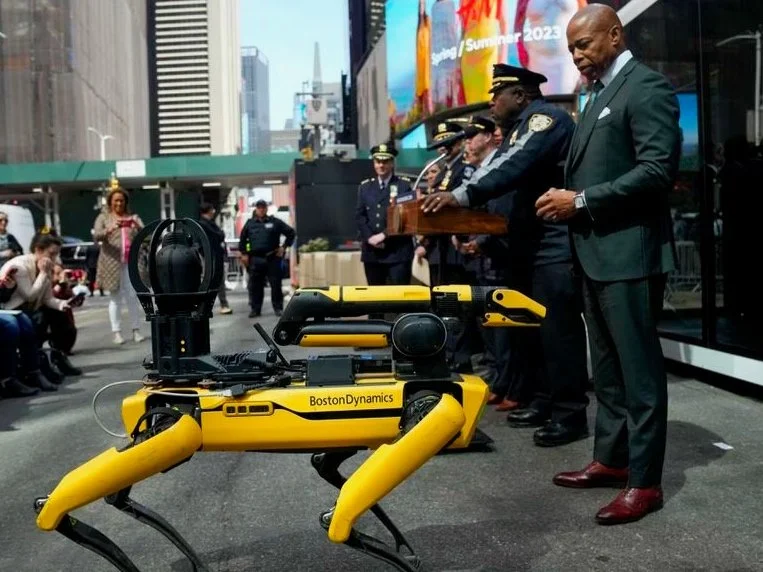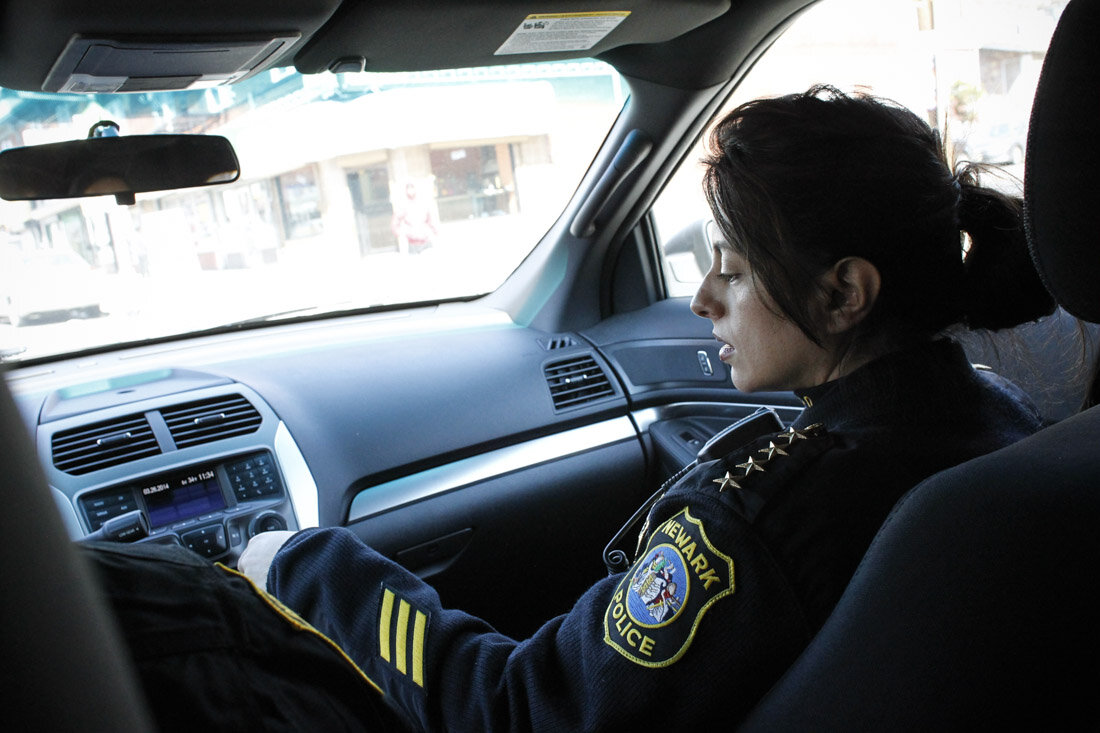This week, we highlight a process undertaken by the New York State Education Department to evaluate the use of facial recognition technology in schools that could serve as a model of democratic accountability for policing agencies.
First-of-its-kind safety study: Denver residents want more non-police first response
The Policing Project at NYU School of Law today released a first-of-its-kind report on community safety and non-police alternative first response in Denver. The report, Transforming Denver’s First Response Model, found that there is broad agreement – among community members, police leaders, and alternative first responders – that “sending police to deal with every social problem simply isn’t working.” The report also found that, among people from communities most affected by policing, there is broad agreement that transforming first response is a high priority issue.
2023 Legislative Wrap-Up
During this year’s legislative session, we provided input and drafting support on 36 pieces of legislation or regulations across 12 states. Notably, 22 of these engagements came at the express invitation of state or local partners, including both advocates and lawmakers. The most popular topics were use of force, officer decertification, and data collection and transparency, but legislators also sought to address a wide range of others, from warrant reform to police use of robots, and more.
Our statement regarding the police killing of Tyre Nichols
Eric André and Clayton English Sue Clayton County for Unconstitutional Stops at Atlanta Airport
30x30 Announces New Collaboration with Department of Justice to Advance Women in Policing
U.S. Marshals Take 30x30 Pledge to Advance Women in Policing as First Federal Agency and 200th Agency
Statement of Resigning Axon AI Ethics Board Members
30x30 Initiative to Advance Women in Policing Quadruples Members in First Year
Op-Ed: Ban No-Knock Warrants, But Don't Stop There If You Want Real Change
What Should Be Done about Militarization and the "1033 Program"
Our new report finds that police militarization is more complex than we thought — but meaningful reform is possible by strengthening democratic accountability.
Ring Neighbors Makes Major Changes to Its Interactions With Police as Part of Civil Rights Audit
Oregon Sued Over Domestic Spying Operation
The Oregon TITAN Fusion Center is a covert domestic spying program run by the Oregon Department of Justice that targets the people of Oregon with aggressive and illegal surveillance. Our lawsuit, Farrell-Smith v. Oregon, is brought by environmental, indigenous rights, and social justice advocates who peacefully protested a $10 billion fossil fuel pipeline and were targeted by TITAN.
Op-ed: When it comes to police accountability, the community matters
The Community Commission for Public Safety and Accountability needs experts from a variety of fields, including law, organizing and public safety. We must demand that the mayor and council members find the best residents, as there may be no more important issue facing the city than the safety of our residents.
Op-ed: Pa. should follow Philly’s lead and ban minor traffic stops that criminalize ‘driving while Black’
Philadelphia’s just became the first major city to ban traffic stops for minor violations. The “driving equality” law presents a real opportunity to improve police-community relations and reduce dangerous encounters between officers and motorists. While the city’s decision to decrease these types of stops should be applauded, real change must happen at the state level.
Op-ed: To Rein In Abuse by the Police, Lawmakers Must Do What the Supreme Court Will Not
Last week, in two unsigned opinions, the Supreme Court showed its disdain for police reform. Taken together, they create an almost insurmountable barrier to holding police officers responsible for violating people’s constitutional rights. With this latest move, the Supreme Court has abdicated its responsibility to regulate police behavior. Now legislators must step up and do what the justices won’t.
Chicago passes legislation to create a community oversight board for public safety
Last week, Chicago City Council Members voted to pass legislation that will create a “Community Commission for Public Safety and Accountability.” This is a significant victory for Empowering Communities for Public Safety – a coalition of community organizers in Chicago, who collectively have worked on this issue for decades. The Policing Project was privileged to work with the organizers, lending drafting and strategic assistance.
Our statement regarding the Derek Chauvin verdict
Coalition of police leaders, researchers, and more back 30x30 Initiative to promote the advancement of women in policing
Social science research strongly suggests the advancement of women officers is associated with improved outcomes for both policing agencies and the communities they serve. Yet women make up only 12% of sworn police officers and less than 3% of police leadership in the U.S., numbers that have remained stagnant for decades. We want to change this.
Axon AI Ethics Board releases update on recent work in 2020 EOY report
Last year saw a renewed focus on policing reform and the widespread deployment of new technologies, such as aerial surveillance and facial recognition. Amidst these changes, the work of the Axon AI Ethics Board was as vital as ever. Today, the Board releases its end of year report detailing its work over calendar year 2020.




















